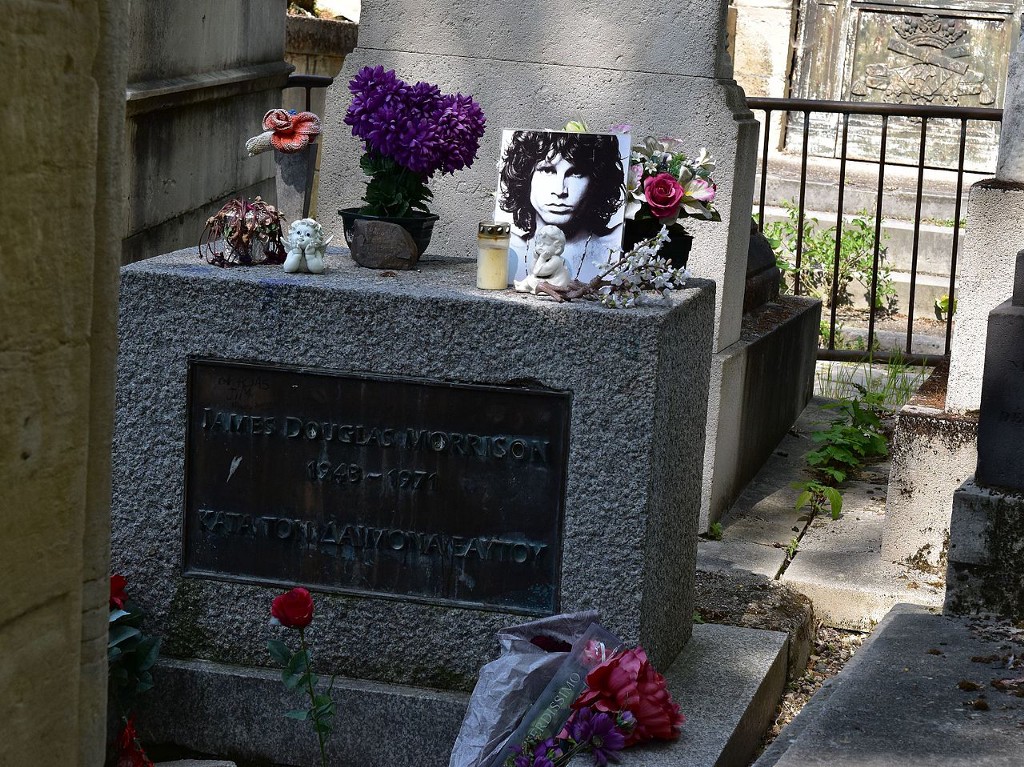Lit Mags
Play Me a Symphony When I Die
"Vanessa Frontin: Volunteer Musician," an excerpt from An Ideal Presence, by Argentinian author Eduardo Berti

Play Me a Symphony When I Die
Vanessa Frontin: Volunteer musician
I think often, since I started working here, about the appetite for life. For three years I’ve been coming to play in the unit two or three days a month. Each time with someone different. Sometimes a member of the city’s symphony orchestra, in which I’m the first-chair violinist; sometimes a jazz musician, since I’m also involved in that scene. First we play in the family room for the patients who want to hear us, with or without their friends or families. Then we go play in the rooms, only if our presence is requested.
Nine or ten months ago I met a patient, Madame Signy, who I wanted to talk to you about. In her youth, she was a pianist and a music teacher. She never stopped practicing her instrument, and she was a music lover of admirable cultivation and retention. The first time I played for her, she recognized all the classical pieces. “Bach, sonata no. 1, second movement,” or “Tchaikovsky, concerto for violin in D major,” she would say as she hummed along with long passages.
I had a hard time admitting that Madame Signy was seriously ill. She was thin and frail, no question. But there was a striking joie de vivre in her eyes.
After the first time we met, Madame Signy’s husband told me privately that she waited eagerly for each one of our visits, and that she had expressed a desire to him: she wanted us to come play until the last moments of her life. She was imagining her death in the unit. She saw herself in her final agonies with us at her side, playing works by Schubert and Haydn.
This was the first time anyone had asked me such a thing. I didn’t know how to respond. I couldn’t accept on behalf of my companions. I could only accept personally. But accepting meant being called for an emergency, at any hour of any day, to come with violin in hand to the bedside of a dying woman.
To get off the hook, I told Monsieur Signy that I didn’t know whether the service would allow such a thing…Knowing Madame Gosselin as I knew her, I assumed the unit would agree to the request. But I bought myself some time.
Before giving my answer, I talked to Madame Gosselin, who gave her approval. Monsieur Signy continued to await each of my visits anxiously. But the illness was devouring his wife. At first, she talked to me passionately about her favorite quartets: Beethoven’s last ones (especially the thirteenth and fourteenth), Alban Berg’s opus 3, all of Darius Milhaud’s quartets, the very first by Samuel Barber (which is where his famous Adagio comes from) and Leoš Janáček’s Kreutzer Sonata, for instance. It was wonderful to talk about these pieces with her. However, bit by bit, her fervor seemed to dull.
Monsieur Signy made a superhuman effort to bring his wife a bit of lightness. And I, too, played with a bit more ardor than usual.
I nearly even overplayed, which had the unfortunate consequence of creating the opposite reaction in such a sensitive music lover.
I’ll never forget the case of Madame Signy. In the four weeks leading up to her death, she didn’t want to hear anything about me, or my violin, or music in general. She had lost all appetite for the greatest passion of her life. At first, Monsieur Signy and I thought she was feeling rage or disgust, that it was a feeling that would pass. But the most shocking thing was to see her go from that first reaction to complete indifference. One month earlier, she and her husband had made a list of the pieces I would play during her last moments. It didn’t include anything mournful. No requiems, quite the opposite: excerpts from Schubert’s trio no. 2 and Haydn’s last violin concerto.
During the four weeks that followed, I thought a lot about the pieces they had chosen, which I had to adapt to play as solos. I wanted to play flawlessly for her. But above all I wondered about the hidden meanings in her choices. Why, out of all the music in the world, had she opted for those two pieces?
Madame Signy died on a Sunday morning and nobody called me to play during her final throes. She had told her husband that, upon reflection, she wanted only silence at the moment of her passing. Silence and his presence, also silent if possible. When I learned this, I was hurt. I told myself that Monsieur Signy could have at least called me to play the agreed-upon program at his wife’s grave. But that was idiotic and petty. In the midst of his pain, Monsieur Signy hadn’t had time to think of me.
It’s funny, but last week I got an offer to play Schubert’s trio no. 2 in public. I accepted without hesitation. And I thought, naturally, about Madame Signy. If you want to come hear me, I’d be truly delighted. It’ll be in September, at the Rouen Opera. I’ll be playing in homage to Madame Signy. And you can come listen to the music in her honor.
About the Translator
Daniel Levin Becker, born in Chicago in 1984, is the author of Many Subtle Channels: In Praise of Potential Literatureand What’s Good: Notes on Rap and Language, and the translator of, among others, Georges Perec’s La Boutique Obscure. He has been a member of the OuLiPo since 2009.








